Beyond Recycling: UBQ’s Mission for Waste Decarbonization
As the urgency of climate change accelerates, decarbonization has become a global imperative. From renewable energy sources and energy effic

UBQ Materials developed a pioneering solution that converts mixed household waste (organic and hard-to-recycle materials) into a cost-competitive composite material that removes greenhouse gas emissions, reduces the need for conventional plastics and minimizes the extraction of natural resources.
Click here for full videoIn our 1-minute video series, UBQ Talks, we cover it all, from sustainability to materials, regulations, climate situation and more.
UBQ Materials is a global manufacturing company that has developed a patented technology solution to the world’s growing waste challenge.
UBQ™ is a climate-positive, thermoplastic composite, made from household waste, including all organics. It enables you to create more sustainable products without extracting new resources from the planet.
UBQ Materials is committed to providing sustainable solutions that contribute to a circular economy.
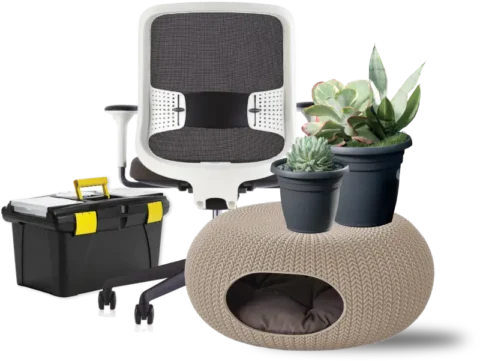
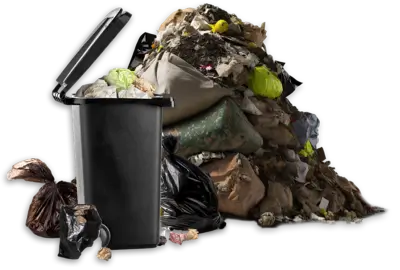
Mixed municipal household waste diverted from landfills, including all organics.
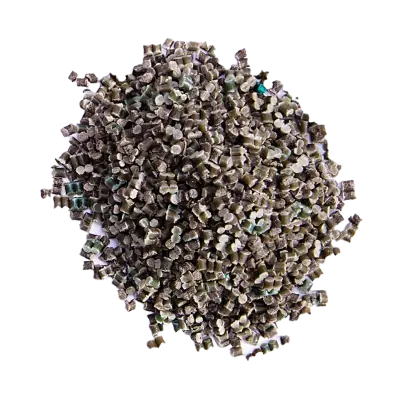
UBQ Material’s patented technology transforms the mixed municipal household waste into UBQ™ material, a climate-positive thermoplastic composite.
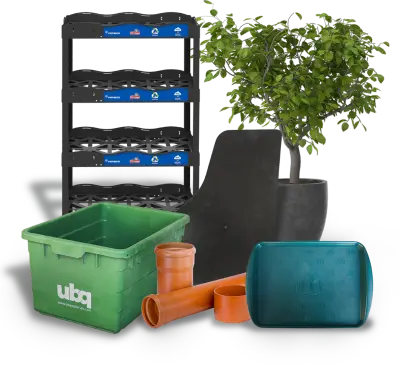
UBQ™, a new substitute to fossil-based resins, can now be used by the industry to create sustainable and climate-positive end products.


At UBQ, our commitment to excellence is validated through rigorous third-party certifications. They
ensure our UBQ™ material meets the highest global standards for safety, quality and sustainability,
so you can trust in the reliability of our material.
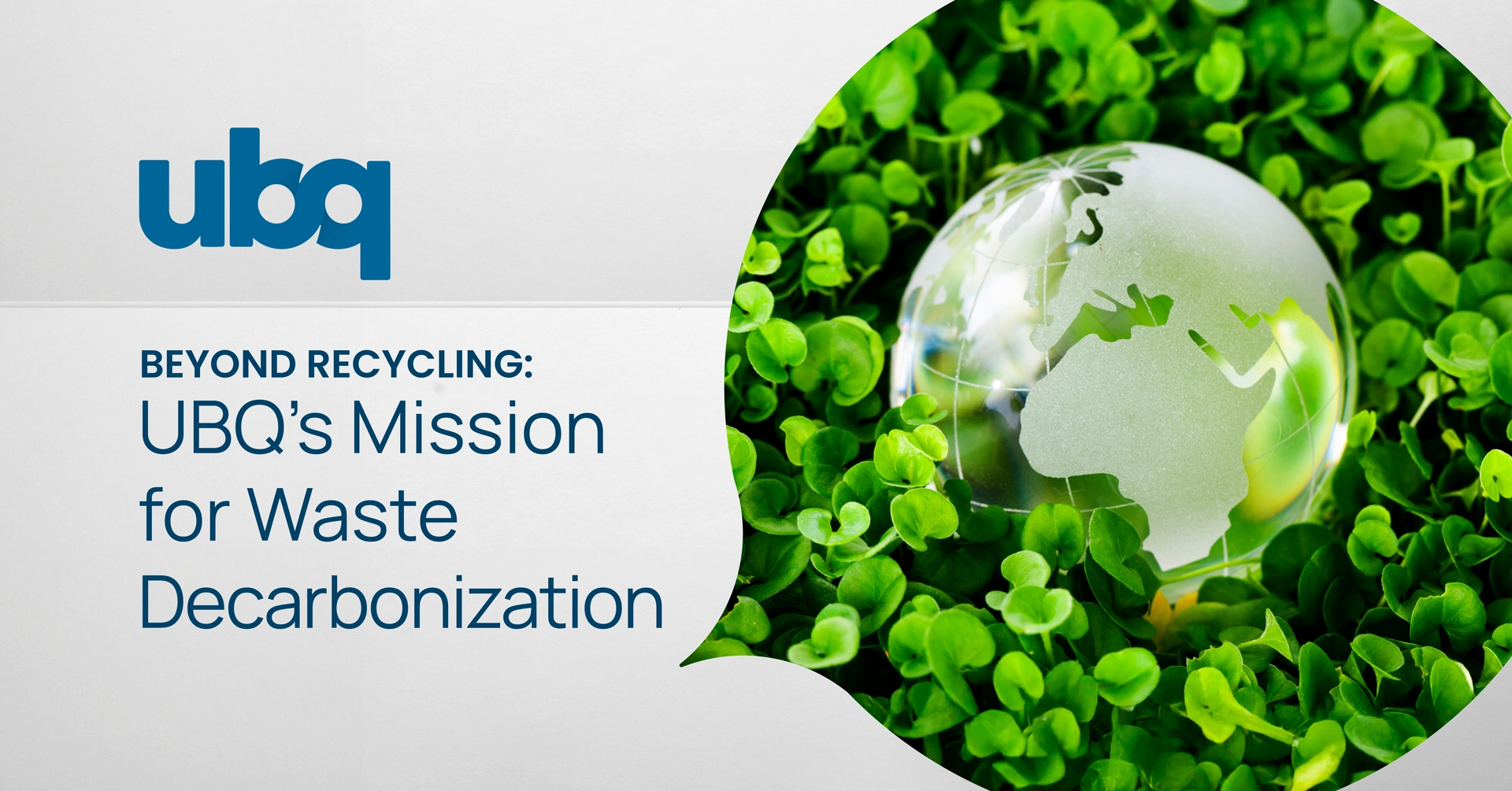
As the urgency of climate change accelerates, decarbonization has become a global imperative. From renewable energy sources and energy effic
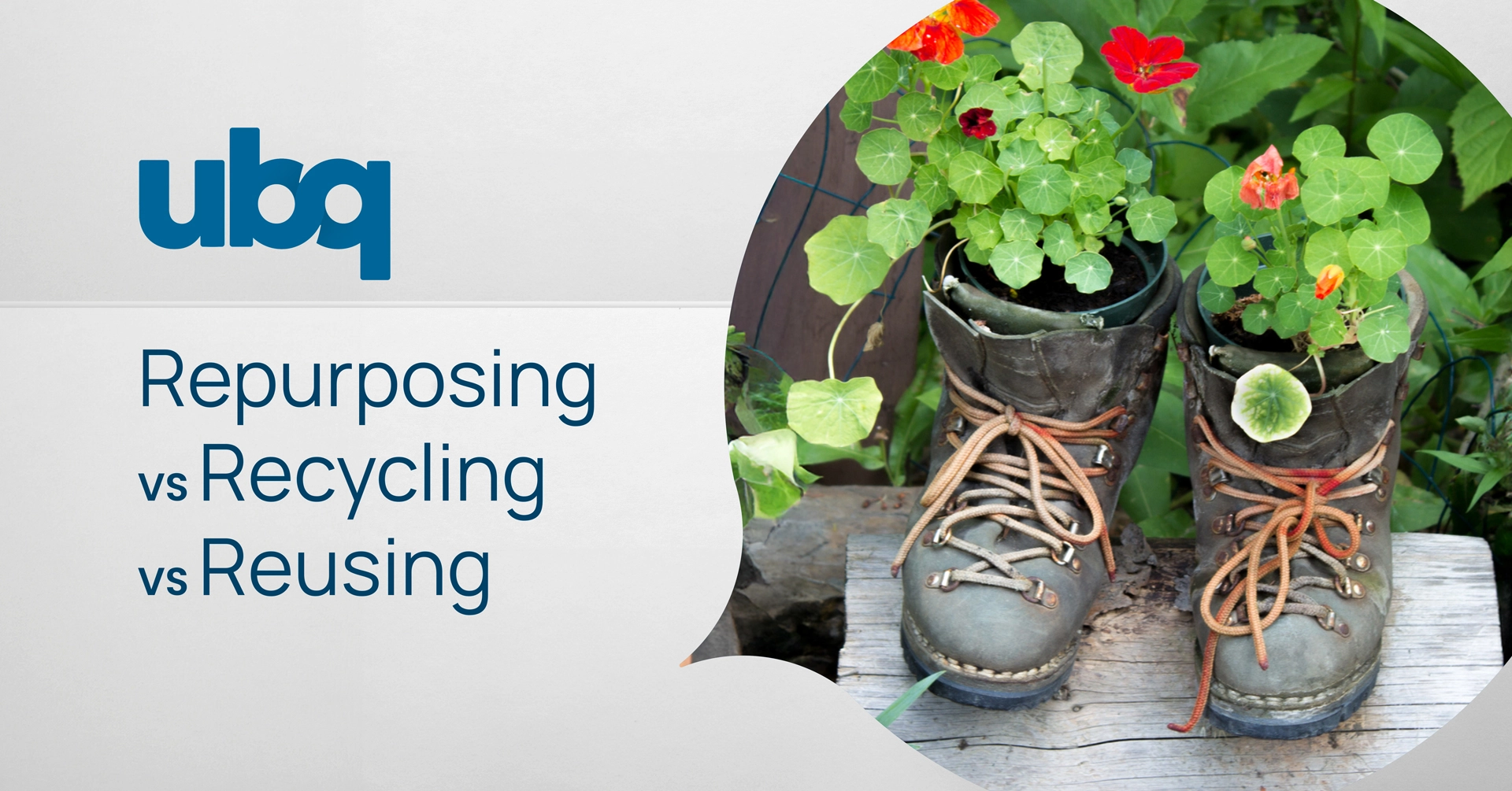
We all want to do our part to protect the planet. But when it comes to managing waste and choosing sustainable options, the terms recycling,
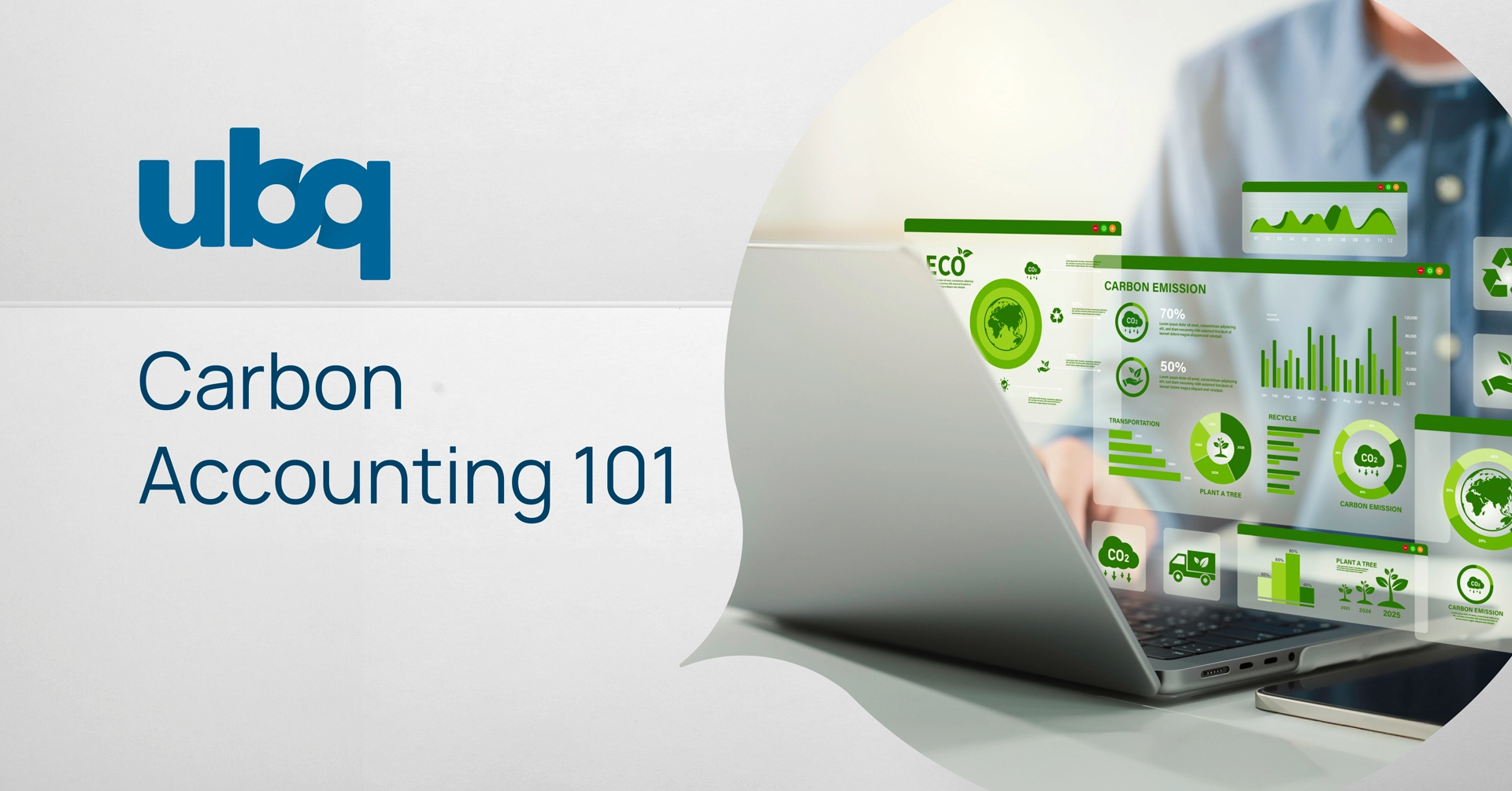
Carbon accounting is the systematic process of identifying, quantifying, and reporting the greenhouse gas (GHG) emissions tied to an organiz